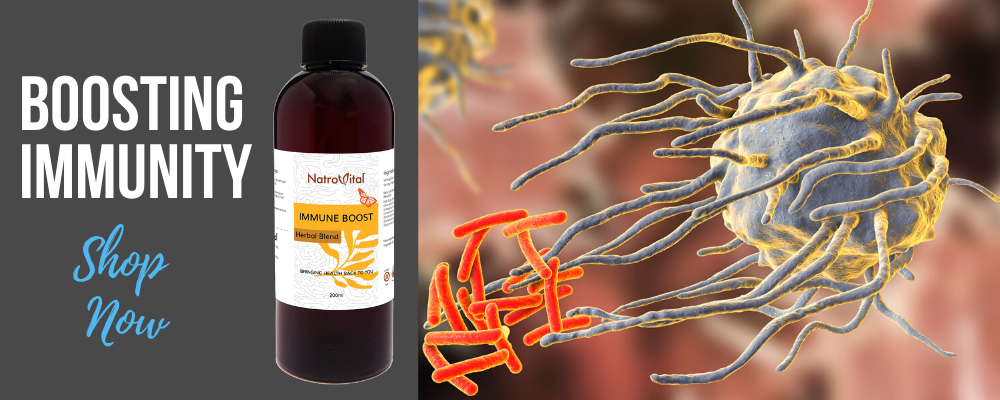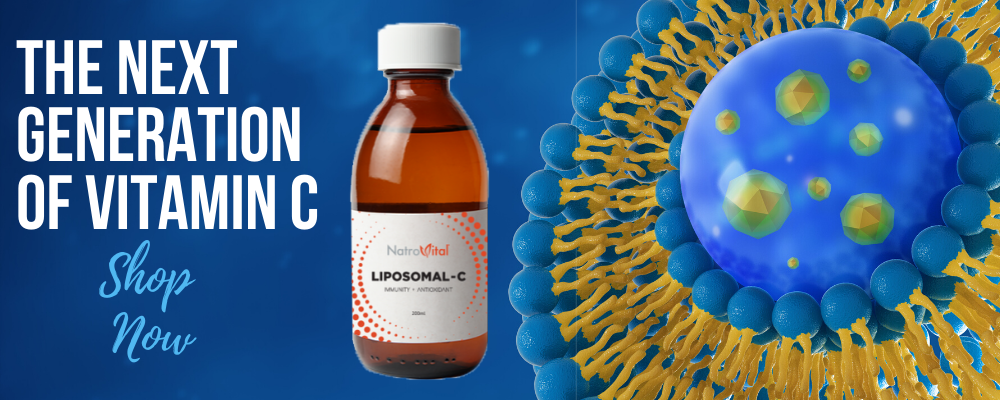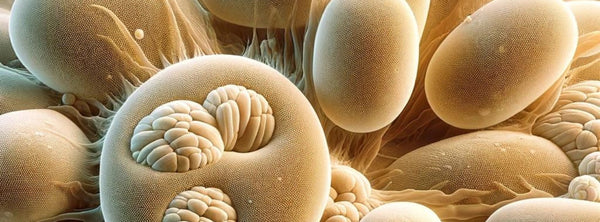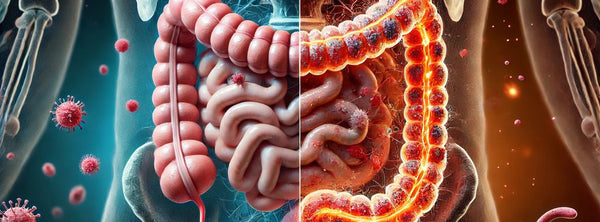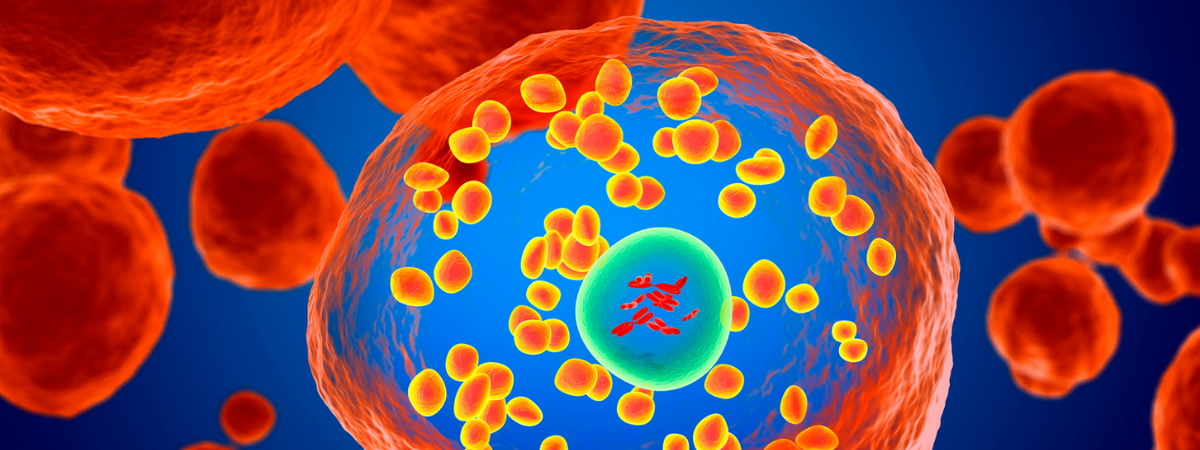
What Is The Immune System?
The immune system is the body's defence mechanism, and while we may rarely give it any thought, it is a complex organisation that comprises of multiple biological structures and processes that protect us against pathogens and disease. When functioning correctly, the immune system can detect and eradicate a wide variety of viruses, bacteria, parasites, fungus and moulds.
Within the immune system, there are two significant subsystems; the Innate Immune System and the Adaptive Immune System.
What Is The Innate Immune System?
The Innate Immune System comprises of physical barriers such as skin, gastric acid, digestive enzymes, mucous and tears which act as the first line of defence against pathogens. While these barriers are sound, sometimes pathogens get past them and enter the body resulting in infected cells releasing chemicals that activate an immune process called Phagocytosis. This is when a variety of white blood cells travel to the site of infection and begin to devour the harmful pathogens. In addition to Phagocytosis, Natural Killer Cells arrive at the scene and start to destroy pathogens by injecting them with cytotoxic proteins causing the infected cells to explode or die through apoptosis; programmed cell death. The innate immune response occurs within minutes to hours after the body becomes infected. In this stage, a person has no symptoms or knowledge that they have been infected.
Why is The Innate Immune System Important
Without a robust Innate Immune System response, especially from the natural killer cells and phagocytosis, pathogens such as viruses and bacteria have a free reign to infect cells. This leads to an explosion of pathogen numbers and generally results in a very sick person with a prolonged illness.
What is the Adaptive Immune System?
The Adaptive Immune System is much slower to respond than the Innate Immune System, it generally acts 1 to 7 days after infection, but offers a formidable opponent to the pathogen. It comprises of a select group of white blood cells called Lymphocytes. Think of Lymphocytes as the body's army, they go into battle and fight for their lives just to keep us healthy.
What Is So Important About the Adaptive Immune System?
If a pathogen manages to evade the Innate Immune System, it's captured by the lymphocytes. The pathogen is probed, prodded and dissected until a weakness is found. Armed with this new information, immature Lymphocytes are turned into specialised killing machines that target that particular pathogen. With a healthy immune system, it takes on average 48 hours to manufacture significant numbers of the new lymphocytes to take on the pathogen. When the battle begins, is when most people feel sick, and this happens for significant reasons.
- Fatigue, exhaustion and muscle aches are the body's way of making us stay inactive. This allows additional energy to be shunted to the immune system so it can remain strong in fighting the battle.
- Fever occurs when the body raises its temperature in the hope that it can kill off the pathogens, such as viruses, that can't handle excessive heat.
- Sweating allows the body to remove pathogens via the sweat glands.
- Mucous protects the membranes from inflammation and damage caused by the pathogens and is another way to eliminate the bad guys from the body.
Immune Response To Infection
Image courtesy of Metagenics Australia
What Causes A Weak and Feeble Immune System
- A diet high in fast foods, white flour products, sugar and chemical ladened additives deprives the body of essential immune-boosting nutrients resulting in immune suppression and greater susceptibility to infections. [1]
- Sleep deprivation is endemic in modern society and is known to reduce the body's defences and increase susceptibility to infections [2]. The consequence of sleep disturbance is a decrease in the body's anti-viral protection, increased susceptibility to infectious disease and sustained inflammation. [3]
- Stress management is paramount for robust immune health and protection. In a landmark, study participants were given nasal drops of either 3 different cold viruses, the respiratory syncytial virus and a strain of the coronavirus called 229E. Those with the highest levels of stress had the most significant infection rate with the coronavirus infecting more people than the other viruses. [4] Another study found that those people who suffered from prolonged stress displayed the lowest resistance when intentionally exposed to viral infection. [5]
- Alcohol affects many organs, including the immune system, even a moderate amount of alcohol can negatively influence immune activity. [6]
- Chemicals are man-made substances which can alter and adversely impact immune response. [7] Unfortunately, many chemicals are not tested for their long-term health implications before being released into our environment.
- Loneliness is another stressor, affecting the quality of life on every level, including immune function. People who are lonely and socially isolated have been found to have higher levels of inflammation, a less effective immune response and increased susceptibility to acute respiratory infections. [8]
- The inflammatory and metabolic consequences of psychological stress, in combination with inadequate nutrition, can lead to excessive weight gain,[9] which in turn becomes a further source of inflammation. Obesity leads to a loss of immune regulation, which can result in a higher susceptibility to viral and bacterial infections such as the cold or flu. [10]
- It looks like the once saviour of the drug world; antibiotics may impede immune function by inhibiting neutrophil's (part phagocytosis in the innate immune system) ability to migrate to the site of infection. [11]
How To Super Charge Immune Function
Even though the Innate and Adaptive immune systems are different in their function, they both have similar needs to maintain their robust health and vitality.
- A diet rich in a variety of fresh fruits, vegetables, nuts, seeds, legumes, pulses, beans, whole grains, grass-fed meats and wild-caught seafood help to provide a diversity of vitamins, minerals and phytonutrients that strengthen overall immune function. [12]
- Good quality sleep, so crucial for a wide range of healthy body functions, including immune health where it supports the initiation of the adaptive immune response. [13]
- Anything that can help reduce stress levels is essential in maintaining proper immune health. Simple daily exercise, yoga, ti chi, stretching, social contact, breathing and relaxation all tick the boxes to help reduce stress and improve immune health.
- Maintaining good gut health. The digestive tract is home to 70% of the body's immune system, so it goes without saying a healthy gut equates to a healthy immune system. [14]
- This may be hard for some people, but for a healthy functioning immune system, their alcohol intake may need to be reduced. For those with weakened immune function, it may need to be eliminated from the diet permanently.
- Minimise exposure to chemicals wherever possible.
There are multiple nutrients that help maintain immune health, but some deserve a special mention due to the essential roles they play in keeping the immune system healthy.
- Vitamin C stimulates white blood cell production and movement. It supports Natural Killer Cell activity (innate immune) and is involved in lymphocyte differentiation and proliferation (adaptive immune). Vitamin C is a significant food source for the army lymphocytes, and an army doesn't fight well on an empty stomach. [15]
- Zinc is an antioxidant that helps modulate both the innate and adaptive immune systems. It acts like their commander and chief. [16]
- People may be surprised to learn that magnesium is an essential mineral for the immune system. Not only does magnesium play a vital role in energy production, nerve function and muscle relaxation, but it is essential in activating the cytotoxic functions of the natural killer cells (innate immune) and highly specialised lymphocytes called CD8 T cells (adaptive immune). [17] CD8 T cells are the killer cells of the adaptive immune system and are quite effective in exterminating viruses, cancer cells and cells that are damaged.
- Iron is not only for the blood and anaemia but is essential for the proliferation and maturation of the immune cells, in particular, the lymphocytes. [18]
- The excellent tasting nut from Brazil, funnily enough, called the Brazil Nut, is the highest known source of selenium, which is is an antioxidant that has shown to improve the immune system's defence from pathogens including viruses. [19] Interestingly, selenium is a cofactor for glutathione peroxidase, and glutathione fine-tunes the innate immune system. [20]
- No immune system support would be complete if it weren't for herbs, which provide an abundance of nutrients and phytonutrients that nourish and support the immune system. Astragalus, an essential herb for the immune system, has shown to increase the numbers of white blood cells and improving the activity of the Natural Killer cells and Lymphocytes. [21]
- A discussion on the immune system would not be complete if we didn't mention Echinacea. It enhances the actions and strength of both the innate and adaptive immune responses including Phagocytosis, Natural Killer Cells and Lymphocytes. [22]
- Andrographis is a bitter herb from India that has been used for centuries as the go-to herb for infection and studies have shown that it improves the function of the adaptive immune system, in particular, the lymphocytes. [23]
- Other noteworthy immune-boosting herbs include Cats Claw, Siberian Ginseng, Olive Leaf, Elderflower, Elderberry, Garlic, Liquorice and Panax Ginseng. [24], [25], [26].
- Mushrooms along with astragalus contain phytochemicals called beta-glucans and polysaccharides, which enhance the adaptive immune response and help to revive a tired immune system. All mushrooms have health benefits, but Cordyceps, Shiitake, Reishi and Coriolus are some of the more potent ones that have shown to have the ability to promote immune health. [27]
In our clinic, we use the Immune Support Pack to promote immune function and revitalise the health of the Natural Killer Cells, Lymphocytes, CD8 T Cells and Phagocytosis. NatroVital's The Fighter herbal blend contains potent anti-viral herbs including Andrographis, Olive Leaf and Elderberry that help the body fight infection and return quickly to health. Breathe Easy contains a blend of herbs traditionally used to support lung and bronchial health plus alleviate congestion and a cough.
Not All Vitamin C's Are The Same
Vitamin C is renowned for its strong immune-boosting properties, but not all vitamin C's are equal.
Studies have shown that vitamin C, encapsulated in a liposomal solution, bypasses the digestive process. This results in greater absorption, higher blood circulating levels and stays in the blood longer than oral forms. [28] [29]
Oral vitamin C is vitamin C that is powdered, tableted or encapsulated. The downside to oral vitamin C supplementation is that absorption seems to be dependent on the health of the digestive tract and dosage; with the higher the dose, the more significant the reduction in uptake. Studies show that 30mg of oral vitamin C has a 90% absorption rate, which drops to 70% for 180mg and less than 50% for oral intakes over 1000mg. [30]
Hopefully, this article, 'Understanding The Immune System For Long-Term Health' has given you an insight into the immune system and what you can do yourself to improve immune function.
If you would like help to improve immune function or for any other health complaint, please contact us for an appointment and we'll organise a time that suits.
We're here to help you in any way we can!
Please share on social media and leave a comment, we'd love to hear from you.
The information provided in this blog 'Understanding The Immune System For Long-Term Health' is general and intended for educational purposes only. We make no claims to diagnose, treat, prevent, alleviate or cure illnesses or diseases with any information or product stated. With any health issue, we suggest you consult your healthcare professional before undertaking any health treatment.


